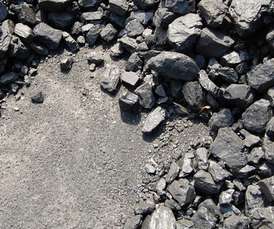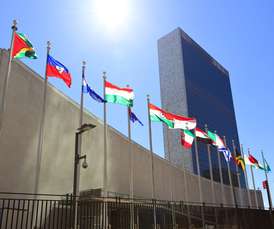Climate Change: Where Are We Now?
Unsustainable
MAY 1, 2019
words by Henry Lewis Introduction As the clock continues ticking toward the collective future of the human species on planet Earth, there are still some among us who are either skeptics or out-right deniers of climate change. coal first and then later oil and natural gas? Fast forward to 1988 and a series of natural disasters?extreme















Let's personalize your content